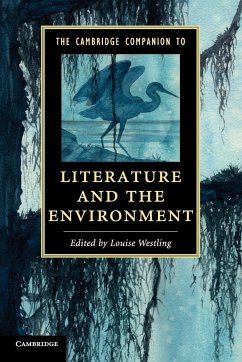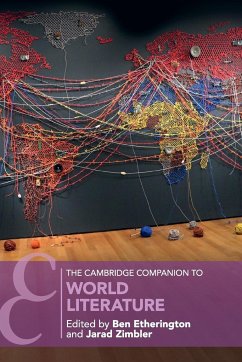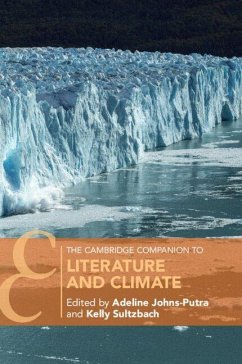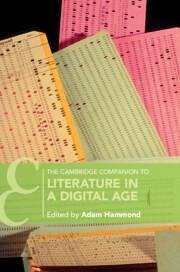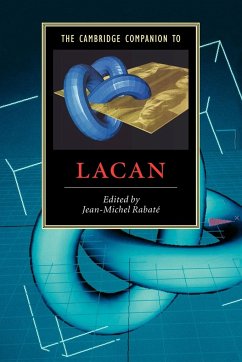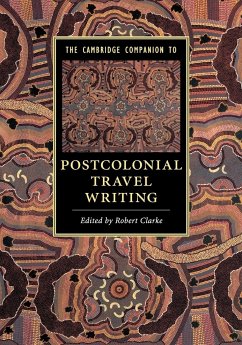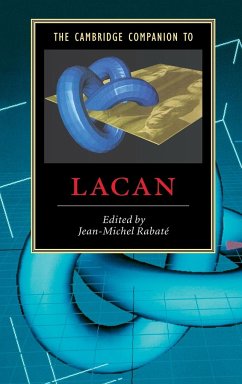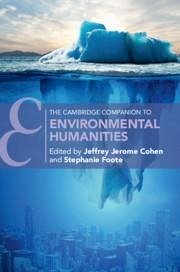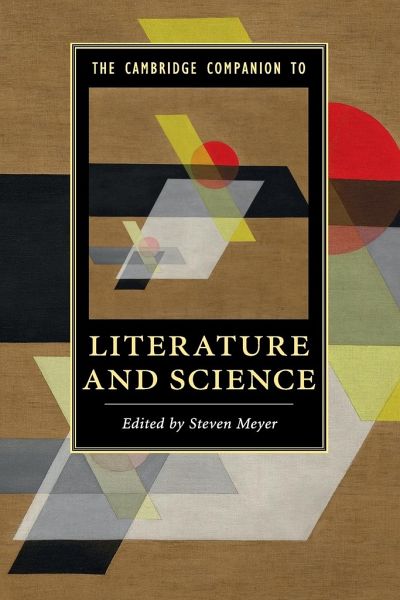
The Cambridge Companion to Literature and Science
Versandkostenfrei!
Versandfertig in 1-2 Wochen
36,99 €
inkl. MwSt.

PAYBACK Punkte
18 °P sammeln!
This Companion is designed for undergraduates, graduates and faculty that wish to understand how the sciences and humanities inform one another. This up-to-date guide to literature and science explores major figures, genres and theories in the field, showing that the two area of studies are more closely aligned than they typically appear.



